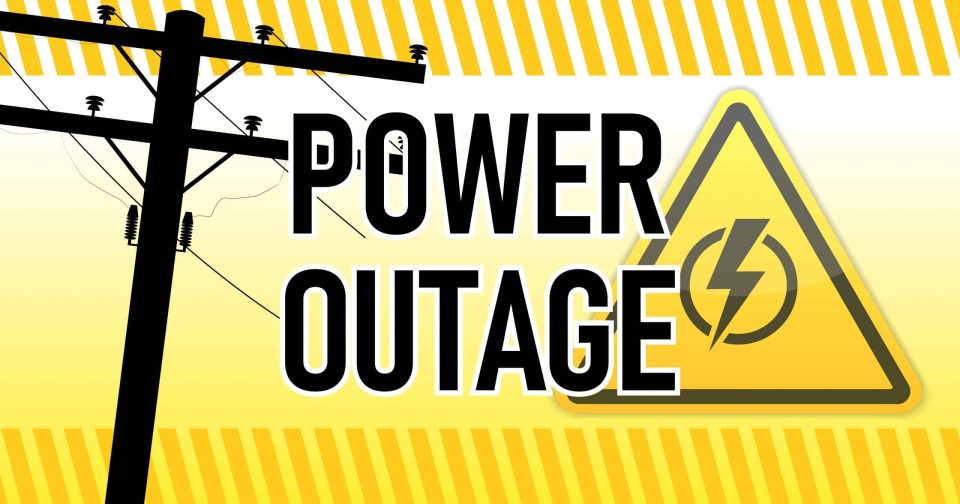Open letter by Kenneth Fitzlaff, an LPIN Member:
So often Indiana is remembered for things such as Hoosier hospitality, corn fields, majestic forest, and the Indianapolis 500. This past week we are reminded that we are also a state woefully lacking infrastructure. Despite increased spending, huge rate increases, and regulatory exceptions made to utility providers, hundreds of thousands of Hoosiers spent the weekend without power and thousands more without water in areas largely dependent on well pumps.
While the recent derecho was a significant event it is important to point out it was not a record-setting storm by any means. Five days on, tens of thousands remain without power, many still without access to clean drinking water, yet beyond the scope of a few local governments declaring local disaster areas the state has failed to take action.
While we should praise the men and women who have worked tirelessly over a holiday weekend to restore power to so many, we should not absolve relative monopolies such as Duke Energy, AES, WIN, REMC and others from shirking responsibility for this disaster. Hoosiers pay a premium for energy rates compared to large swaths of the county and yet according to many such as Clint a contractor from Kentucky “Their infrastructure is some of the most outdated and poorly ran that I have ever seen.” An article from Tampa Bay said, “Duke scrapped plans to bring in hundreds of additional linesmen”. In an AES email titled “Enhancements are coming” that was sent to customers, AES announced they plan to implement an additional 13% rate increase. REMC and WIN customers are being told that they no longer know when service will be restored, only that crews are working diligently to repair the system. The question we must ask is why?
Let us look at this through a slightly hypothetical scope. Indiana can and does have storms nearly year-round. How would this have played out if the storm hit during an election? With a slow response and such widespread damage that could have been largely prevented or at least mitigated had infrastructure improvements been in place what would the impact have been? Our citizens deserve and should be prioritized to have access to clean and safe drinking water, dependable infrastructure, and the ability to rest easy knowing that the Indiana Legislature has its constituents’ best interests at heart. Had the timing of this storm been different would we have been able to carry out our civic duties in participating in free and fair elections? What emergency laws and provisions might have been needed to preserve our constitution and democracy? We have yet to see lawmakers speak out about the slow and woeful response from energy providers which in many parts of the state are completely unchallenged in their market exclusivity. Proposals to ensure that Hoosiers’ needs are protected by demanding that our energy companies do everything in their power to implement these improvements. Or to request accountability from these companies for their failures.
Hoosiers have suffered severely these past several days and many thousands continue to do without basic necessities. It is high time that lawmakers speak up and demand that companies we give billion-dollar tax breaks to are fulfilling their obligation to the citizens of Indiana. Places like Terre Haute had a major hospital without power and running on generators for nearly four days. Fire and police districts are handicapped by power outages at dispatch facilities. Countless Hoosiers go to work every day to support our economy, contribute to a state budget that routinely exceeds its tax requirements, and ask only for reliability in the services that they pay for, such as power and water.
Yet we see no one speaking out on our behalf. No one to ask these companies to prioritize the safety and well-being of the hard-working citizens of our great state. If providers, whose CEOs makes tens of millions of dollars on salary alone, will not serve the people of Indiana, rather than listening to lobbyists and special interest groups our legislature should be less concerned with approving rate increases and tax breaks to these service providers and more interested in de-regulation and the opening up of the free market to allow competitors to serve Hoosiers.

